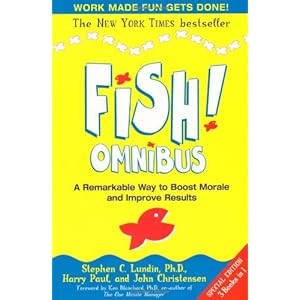
Various languages, tools and SDKs will be ported and installed onto a hardware-optimised version of Ubuntu platform.
Here are couple of extracts from my article:
This tool set extends the existing collection of Linux software by adding powerful web, cloud and app friendly development environments. Examples include the ever popular Eclipse platform for multi-language development and testing, and Git-based source control management software. All the key web languages, such as HTML CSS and JavaScript will be supported. Other languages, such as Ruby, will depend on the 'feedback noise' generated by their proponents.
Mobile app support will be important too. Android development tools another early target, so both the Android and Java software development kits (SDKs) will need to be included. Additional support for Appcelerator, PhoneGap and similar mobile-targeted JavaScript-based frameworks may also be considered.
One suggested scenario is for web and app developers to work with 'micro clouds' on their local machine, before the final solutions are pushed out to a real-world public or private cloud. Incorporating OpenStack technologies is another idea. OpenStack was founded by Rackspace Hosting and NASA to create a series of interrelated technology projects for cloud infrastructure solutions. It's freely available under the Apache 2.0 licence.
Dell employee Barton George has created a seven minute video overview of Project Sputnik (goo.gl/Wy0Pr). He talks about being able to select self-contained language and operating system profile packages as part of a simplified configuration operation. JavaScript, Ruby and Android are just some suggested profile packages.
Mobile app support will be important too. Android development tools another early target, so both the Android and Java software development kits (SDKs) will need to be included. Additional support for Appcelerator, PhoneGap and similar mobile-targeted JavaScript-based frameworks may also be considered.
One suggested scenario is for web and app developers to work with 'micro clouds' on their local machine, before the final solutions are pushed out to a real-world public or private cloud. Incorporating OpenStack technologies is another idea. OpenStack was founded by Rackspace Hosting and NASA to create a series of interrelated technology projects for cloud infrastructure solutions. It's freely available under the Apache 2.0 licence.
Dell employee Barton George has created a seven minute video overview of Project Sputnik (goo.gl/Wy0Pr). He talks about being able to select self-contained language and operating system profile packages as part of a simplified configuration operation. JavaScript, Ruby and Android are just some suggested profile packages.
One of the biggest benefits to selecting Ubuntu is its massive user and developer community. There's a particularly impressive collection of informational web sites, interactive forums and videos of all aspects of the operating system. And plenty of opportunity to get personally involved.
Throughout the six month trial Dell will attempt to elicit plenty of developer-centric suggestions and comments. For some time now Dell has used their Idea Storm site to gather feedback. Now there's a Sputnik Storm session (goo.gl/sX81q) which allows anyone to contribute to the success of the project.
Throughout the six month trial Dell will attempt to elicit plenty of developer-centric suggestions and comments. For some time now Dell has used their Idea Storm site to gather feedback. Now there's a Sputnik Storm session (goo.gl/sX81q) which allows anyone to contribute to the success of the project.
There’s loads of other articles in the magazine including keeping passwords safe, cloud-based storage evaluations, Ubuntu Server, Gmail tips, mobile gaming, a look back at the social history of computers in the 70s and 80s, and lots more.
All for just £2 - amazing.

